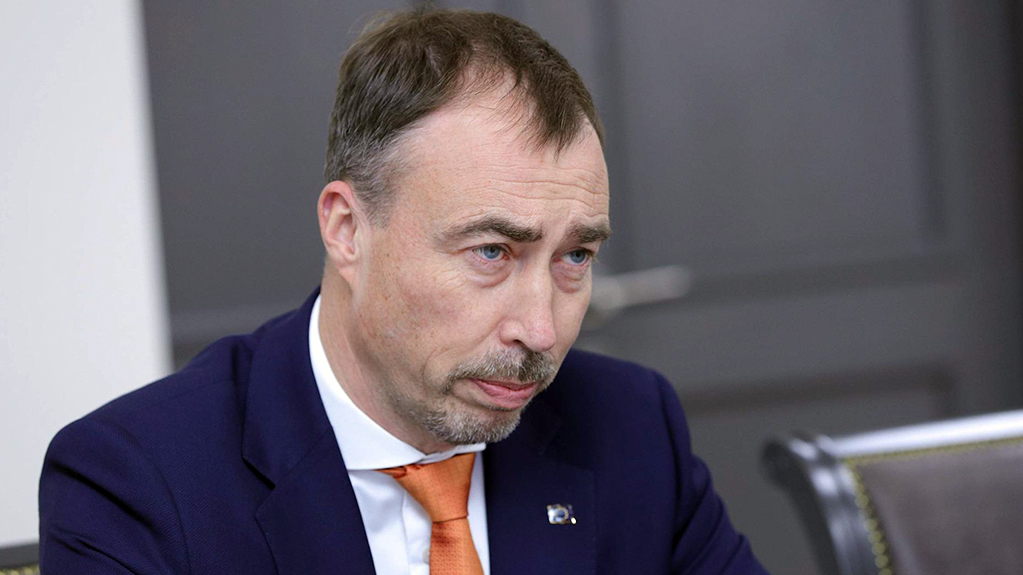Toivo Klaar, the European Union's Special Representative for the South Caucasus and the Crisis in Georgia, responded to the events in Georgia on Europe Day.
News
“Today should be cause for celebration. Yet my heart aches. Our relationship is supposed to be based on shared values and on support for a strong civil society where lists of “enemies of the people” and anonymous phone calls have no place. Quo vadis, Georgia?” Toivo Klaar wrote on X.
On May 8, the Georgian Parliament Chairman, Shalva Papuashvili, stated that through the party structures of the ruling Georgian Dream, they will create a database that will gather information about all those people "who engage in violence, other illegal actions, threats, and blackmail or publicly endorse such actions." This also applies to opinions expressed on social networks.
Georgian Dream MP Irakli Zarkua expanded on the topic and stated that "a list of stateless people who do not believe in God, parents, country, anything should be made so that society knows who is behind and who is organizing these anti-Georgian, anti-state actions."
Journalists, civil activists, and students who are actively opposing the Russian Law on Agents are being called by unknown individuals, cursed at, and threatened with obscene language over the phone.
Additionally, representatives of independent media and non-governmental organizations have become targets of the government's hate campaign. On the night of May 8-9, insulting, threatening, and incitement-to-violence posters were hung near their homes and offices.
Opponents of the Russian Law are also being physically attacked. Unknown individuals assaulted oppositional National Movement member Dimitri Chikovani, Chavchavadze Center researcher Gia Japaridze, one of the protest organizers, biker Lasha Gvinianidze, director of the non-governmental organization Information Freedom Development Institute Giorgi Kldiashvili, and teacher Lado Abkhazava. On May 3, young people participating in the protest were physically assaulted, and no one was arrested by the Internal Affairs Ministry.















